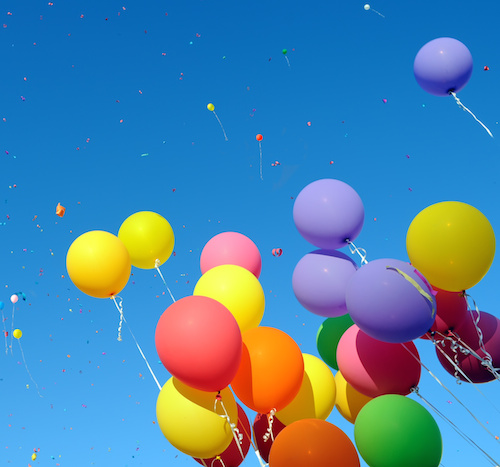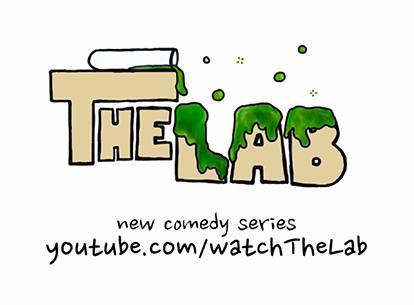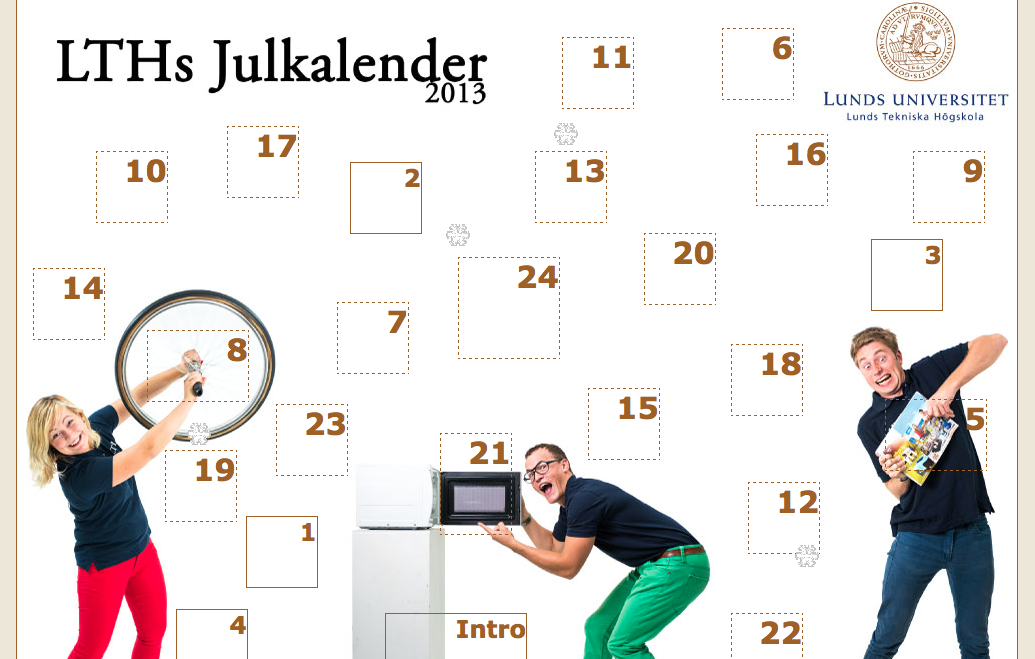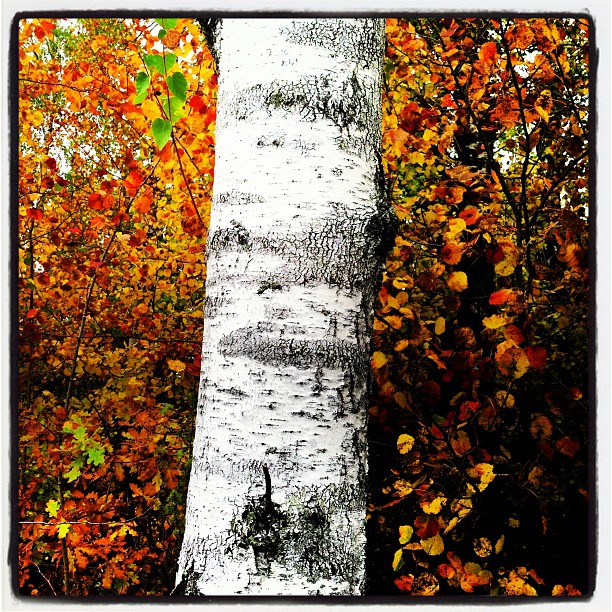Posts

Colette Renier, European Commission: “Do not underestimate the value of humour in communication!”
Tomorrow night, September 26, is Researcher's Night. In several hundred cities across Europe, scientists are reaching out with ”popular science and fun learning” – offering lectures, workshops, guided tours and science shows.

The Lab—a comedy series about graduate students working in a science lab
Made by science people, for science people, the YouTube sitcom The Lab has a high recognition factor. Two episodes have been published so far on YouTube, filled with clever observations on conflicting personalities, cultural oddities and academic hierarchies.

Taking the temperature—about one of mankind’s most important communication challenges
Kirk Englehard at Georgia Tech, is fascinated by one of mankind's biggest communication challenges. In a blog series, he will interview some prominent scientists in the field of global warming.

The dawning of medical history museums
As science changes our relation to our bodies and our mortality there is a need for a new kind of medical history museums—a kind that challenges our senses and lets us engage in interactive exhibitions
The interest in biology is on…

Chemistry Champions Contest – deadline extended
In April, the American Chemical Society launched the Chemistry Champions contest in an ”an effort to find and train promising science communicators”. As the number of participants seems to be small, why don’t take the chance to go to San Francisco?

Combining science promotion & data collection
Each year, the Swedish organisation VA organises a public mass experiment—an activity that combines science promotion among school children with data collection. Hence, last fall 10 000 Swedish pupils documented the changes to the autum leaves of trees all over Sweden.

Technology Students Explain Science in Advent Calendar
The students of Lund Institute of Technology follow their tradition and offer a advent calendar for laymen where a team of enthusiastic students perform simple experiments and explain their observations.

